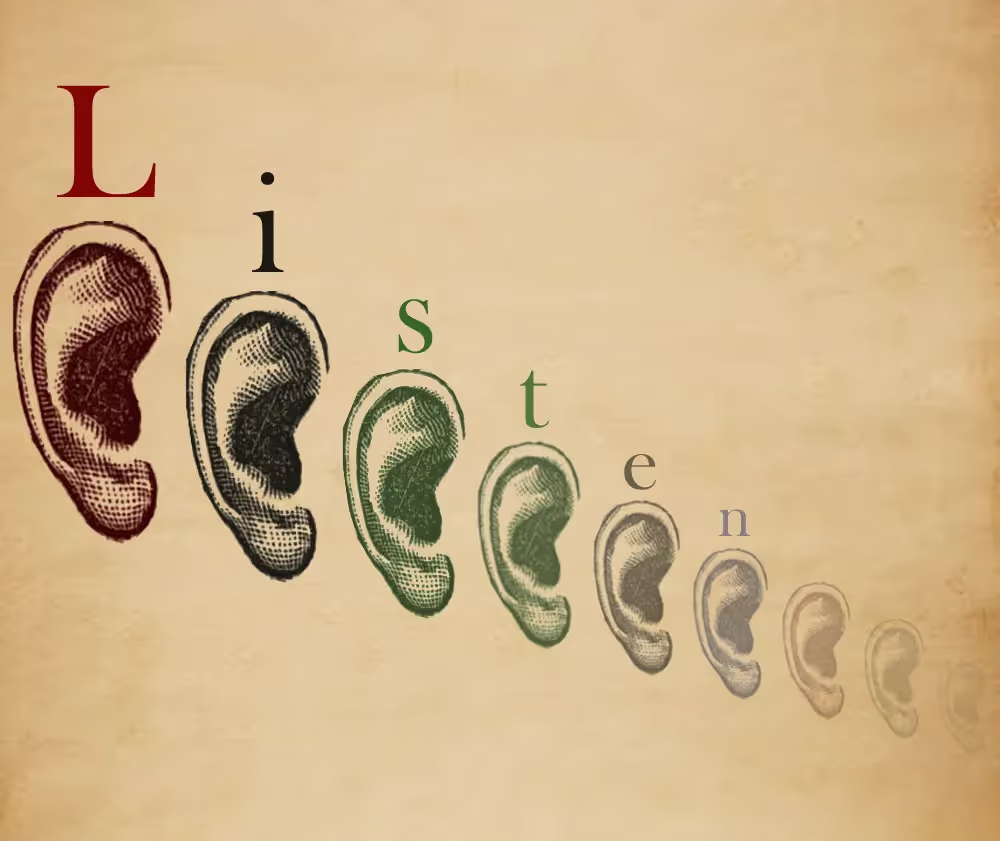Marriage can be one of the most beautiful aspects of life, but it comes with its challenges. Relationships naturally have ups and downs, insecurities, and...

Marriage can be one of the most beautiful aspects of life, but it comes with its challenges. Relationships naturally have ups and downs, insecurities, and moments of scrutiny. Among these, one of the most difficult aspects is effective communication.This is where marriage counseling can play a pivotal role. Whether it's addressing small chores, defining major roles, aligning schedules, nurturing romance, or simply decompressing after a hard day, the way couples communicate can transform their relationship from a supportive partnership to a conflict-ridden environment.Tough conversations with your spouse are inherently challenging. While having the right tools won't magically resolve all issues, they make these discussions far more approachable and manageable.
There are notable differences in communication dynamics between males and females, which, when understood, can significantly improve effective communication.
These differences are often categorized into "Transactional communication" and "Relational communication":
A classic example is when a woman shares an issue, expecting empathy and understanding, while the man, believing he’s being helpful, jumps straight into problem-solving mode. This mismatch often leads to frustration—where the woman feels unheard, and the man feels confused by her reaction.
Recognizing these dynamics and adapting your communication style accordingly can prevent misunderstandings and strengthen the relationship.
A very common mistake when having tough talks with your spouse, or anyone really, is leaping to respond.Typically in tough talks emotions run high quickly- both people begin feeling heated, become defensive, and stop listening to understand, and instead will stay quiet long enough to immediately respond as soon as there's a gap. The problem with this is that each person is left feeling completely unheard which leads to feeling even more agitated and angry.This type of communication happens all the time, usually ending with one person simply giving up or caving in, or both people storming off in a huff.Instead, if both people agree to listen to understand first, then both will feel completely heard and a resolution can be reached. A simple way of trying this is to listen to your partner until they are finished and then try to paraphrase the point of what they said, asking "is this right?"If your partner says no and becomes frustrated you can simply respond with, "I'm only trying to understand, please explain it again." This will de-escalate the situation and help you both remain calm.Once you paraphrase correctly then you can respond and they can paraphrase you for clarification and understanding. This process may sound tedious, and it is, but you will both become much better at understanding one another and no longer dread having tough talks with your spouse.

How many times have you been upset or angry and jumped straight into a sensitive topic without warning?How many times did that resolve in a peaceful and productive conversation? My guess is too often, and almost never. Tough talks deserve thought and care in the approach and the delivery.Luckily there's a simple acronym that makes this easy to remember and perfect for getting both people on the same page:
S- Source
T-Timing
A- Approach
B- Behavior
E- Emotion
N- Need
The first three letters ensure you aren't spreading gossip but are addressing the source of who you need to have the discussion with as well as making sure you pay attention to when you bring up the topic and lastly, the way you bring it up.Timing and approach are very important, you don't want to ambush your partner out of the blue, let them know there's something important you want to address and offer a time to do so or ask if they have time later in the day to talk.When you begin the talk, approach it with honesty and good intention to resolve a legitimate issue and not merely blame or attack. This is where the second 3 letters come in: When you address the behavior, be specific! For example, if your partner isn't doing their dishes don't call them a slob, highlight the specific behavior, "I noticed that you've been leaving your dishes in the living room..."After addressing the specific behavior explain to your partner the emotion it makes you feel, again, be specific! It's helpful to have a Feelings Wheel (google images) so that you can point to the exact emotion it makes you feel.Lastly, end with what you need to see in order to feel resolved.Make sure it's constructive, this is you offering a solution to the problem that the two of you can then talk about.Here's the whole acronym in action using the dishes as an example:"There's something that's been on my mind that I want to talk about with you (SOURCE), do you have time this afternoon? (TIMING) (later that afternoon) "I've noticed (APPROACH) that you've been leaving your dishes in the living room (BEHAVIOR) which makes me feel stressed and used (EMOTION). I need help, could you please put your dishes in the sink or the dishwasher when you're done with them (NEED)?"A major challenge for most people is they don't get down to the emotion, they just make points- the problem is, points can be argued, and then it becomes about who wins an argument.You can't argue with how someone feels, they just feel it! And that's at the core of the issue anyway, their actions make you feel something.
So many people are willing to throw opinions, but few really know how to provide support for couples.Having tough talks with your spouse is never fun, in fact, it's the opposite.Most of the time couples learn each other's communication styles and can fill in the gaps.However, a lot of the time little things blow up into big things, feelings become hurt and apologies come too late.By understanding the big differences in how people communicate and implementing strategic communication skills many of those big blow-outs can be avoided.You have now learned the difference between how men and women communicate, you've learned how to listen to understand, and you have a very helpful acronym, STABEN, to ensure the most positive and productive communication you could hope for.All of this will help you have those unavoidable tough talks with your spouse. If you are trying these techniques and still can't hear one another, couple counseling is a great way to build on these tools and get the support you need.
Now, get talking!
While it can be challenging when one partner isn't on board with working on the relationship, it's important to have open and honest communication. Express your feelings and why it's important to you to work on the relationship. It may also be helpful to seek the guidance of a therapist to work through any issues or to navigate the situation.
It can be challenging when one partner is hesitant about therapy. It can help to have open discussions about the potential benefits of therapy and to reassure them that it's a supportive and non-judgmental environment.
The key signs of relationship insecurity include feelings of jealousy and possessiveness, low self-esteem, difficulty trusting your partner, fear of rejection or abandonment, and anxious thoughts. If you are experiencing any of these symptoms, it may be beneficial for you to seek professional help.
Trust is built over time through positive experiences and interactions. However, it can be difficult to say how long it will take to build trust in a particular relationship as it varies from couple to Some signs that trust is present in a relationship include feeling safe to be yourself, being able to rely on your partner, and feeling like you can share anything with them..
During your first couples counseling session, your therapist will likely gather information about your relationship history, current challenges, and individual backgrounds. They may also ask about your goals for therapy and what you hope to achieve. This initial session serves as an opportunity for you and your partner to become comfortable with the therapist and begin building trust in the therapeutic process.
Yes, EFT is effective in addressing long-standing relationship issues by focusing on the underlying emotional and attachment needs. It helps partners break free from negative cycles and build a more secure and satisfying relationship.